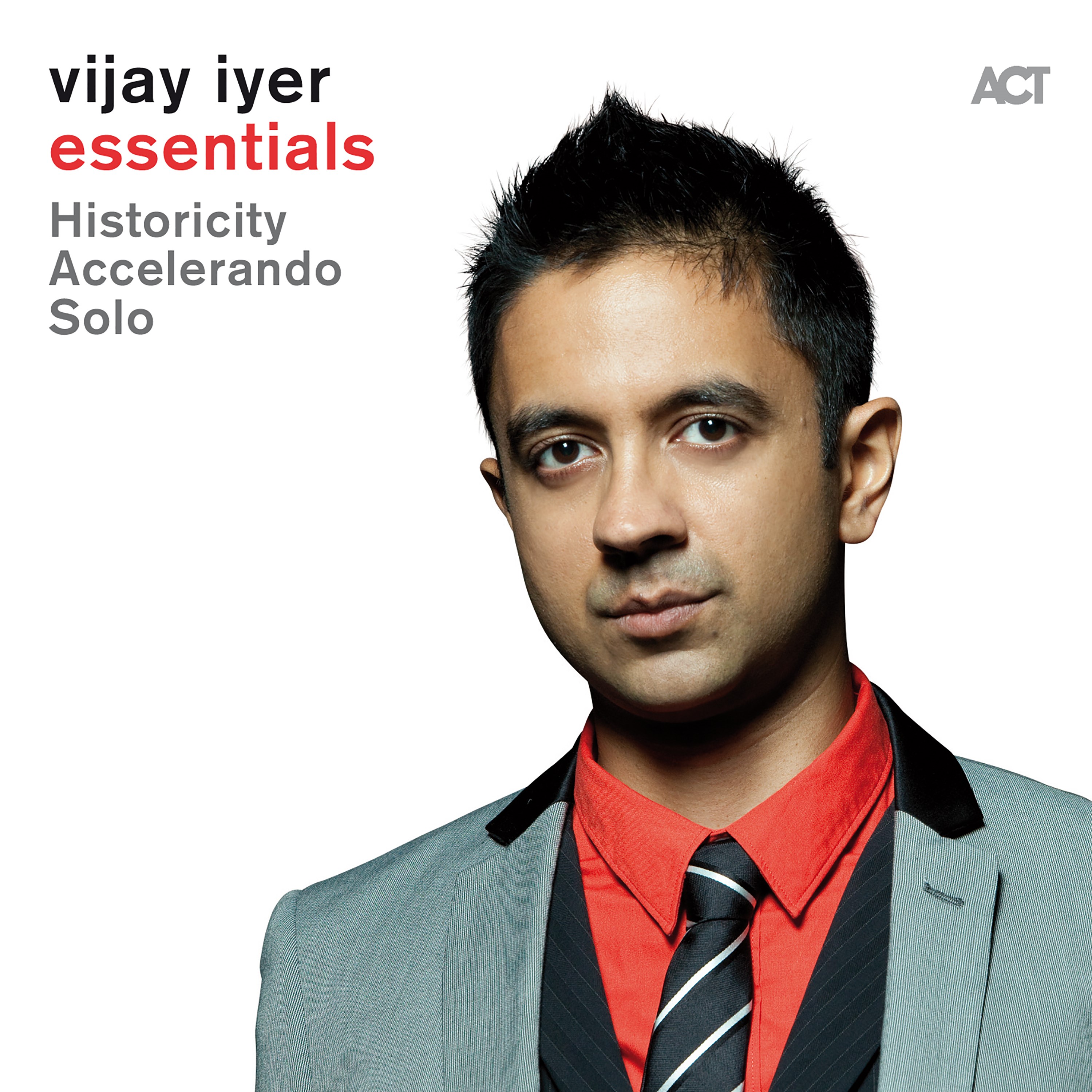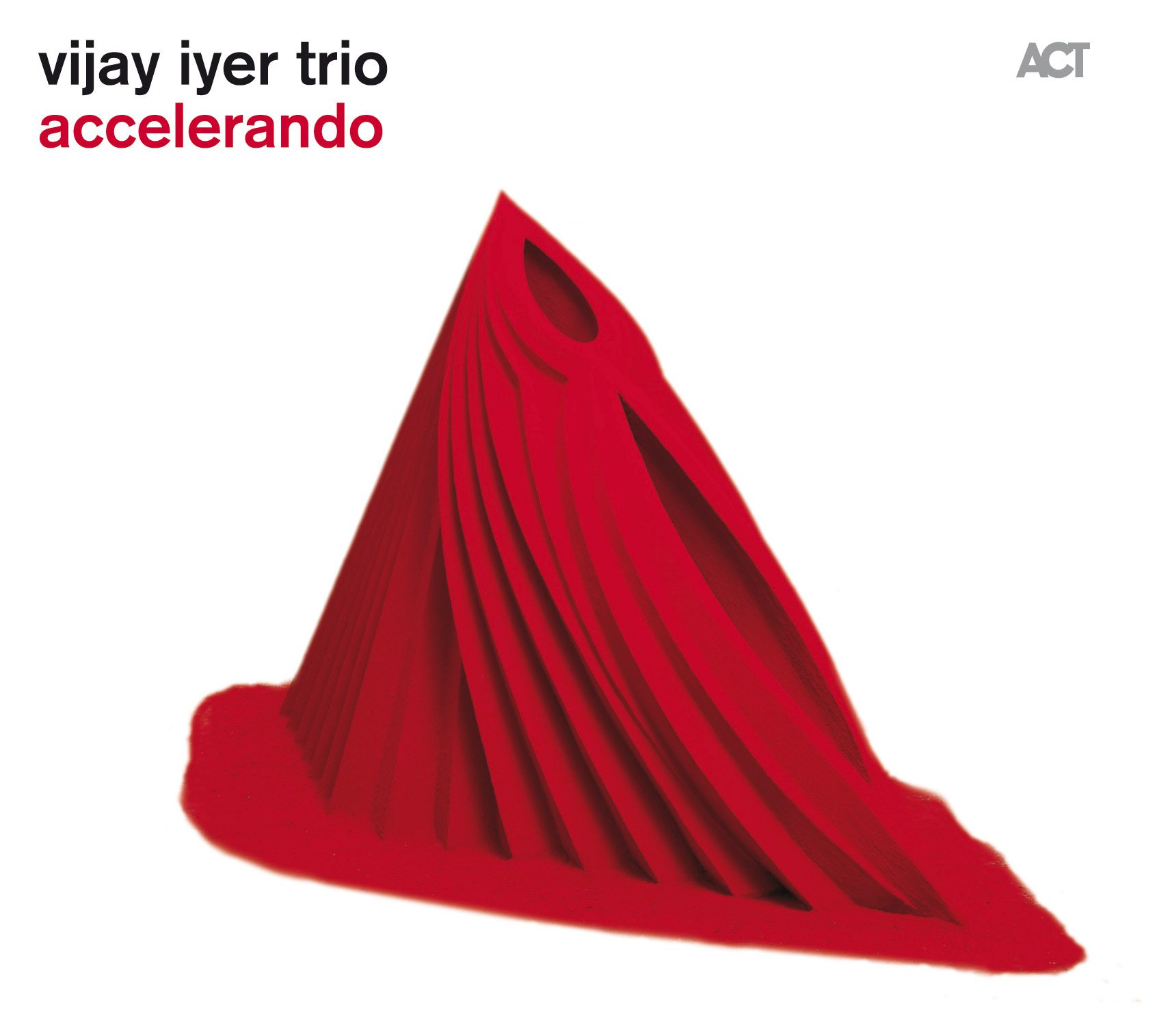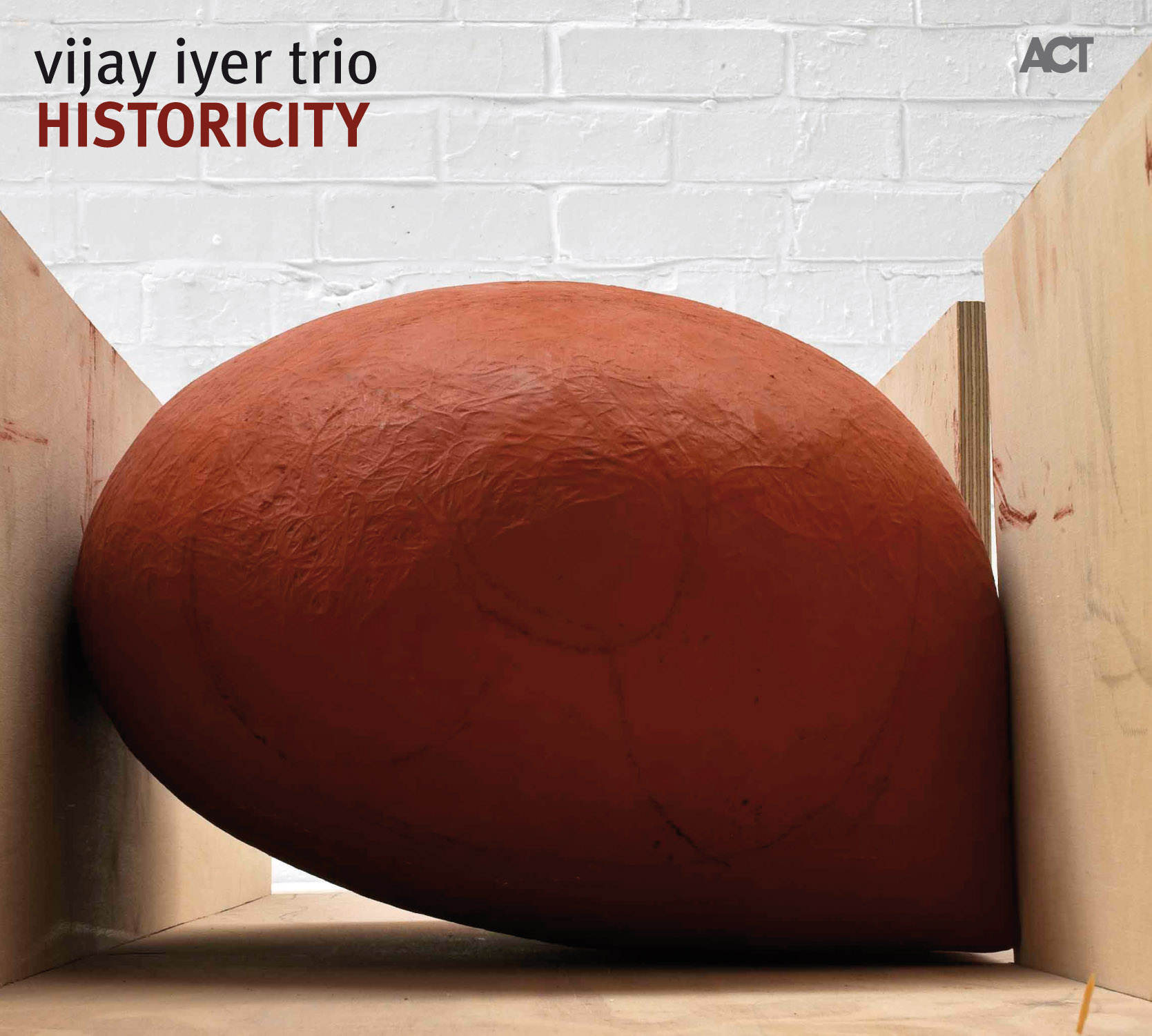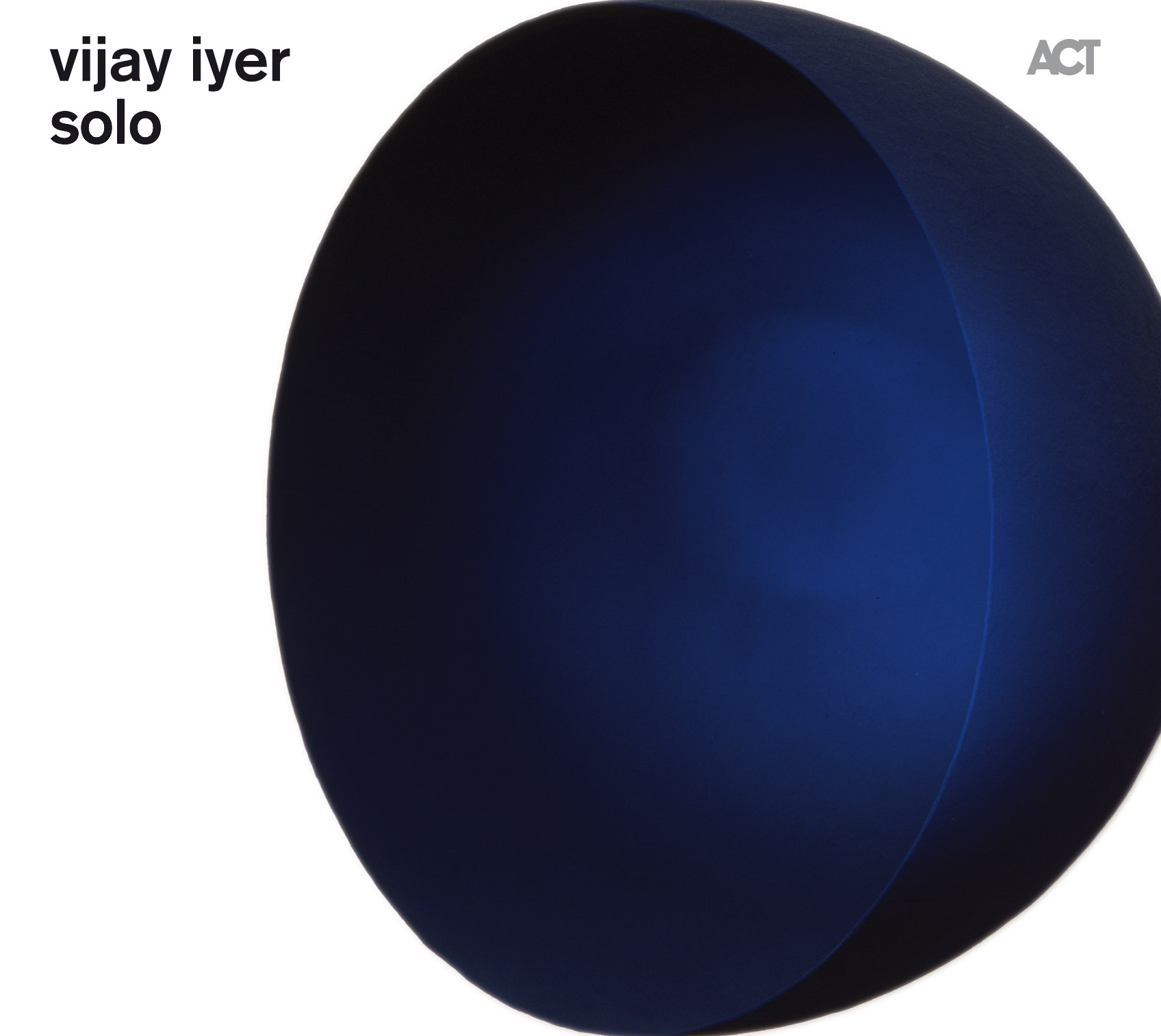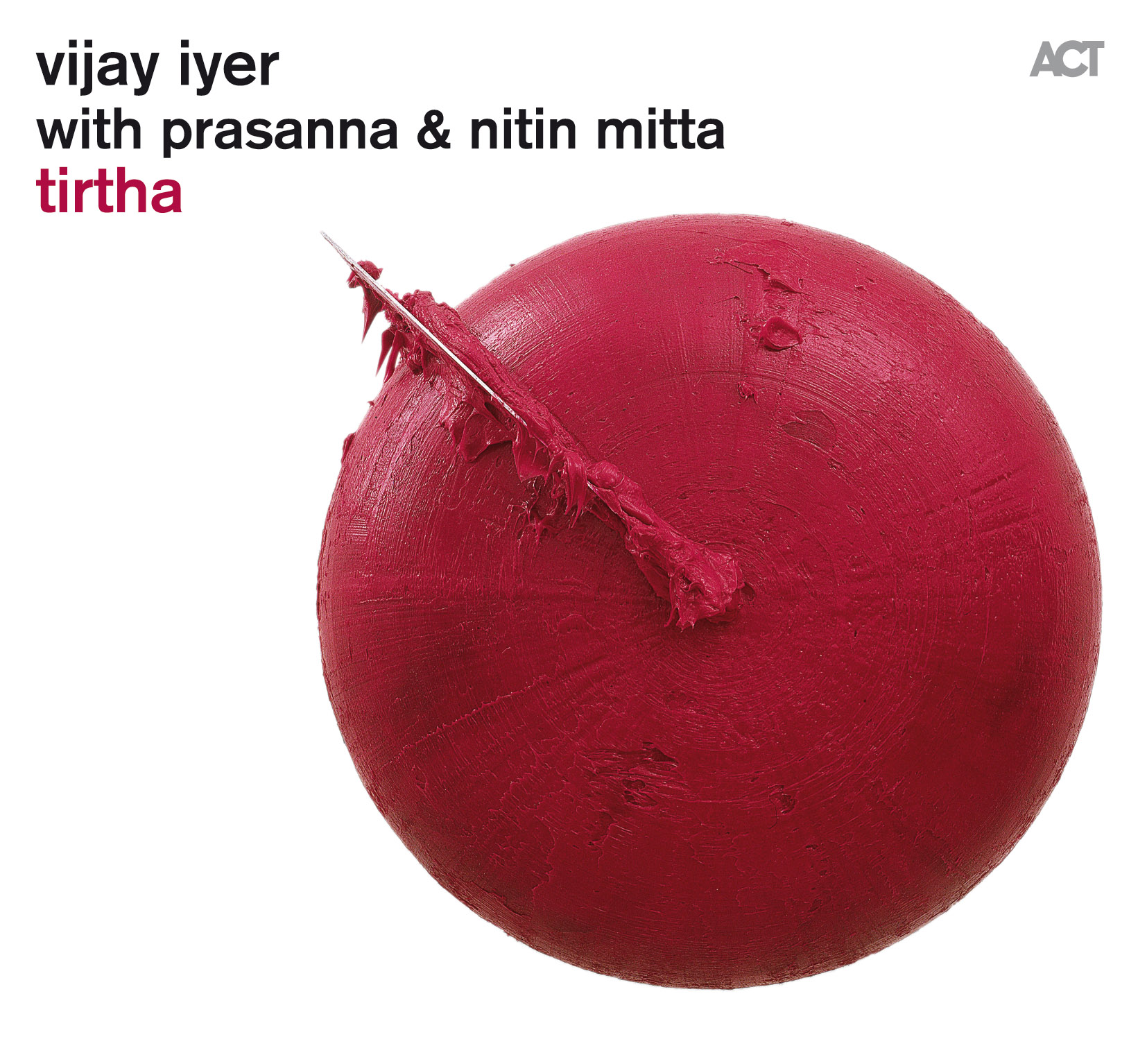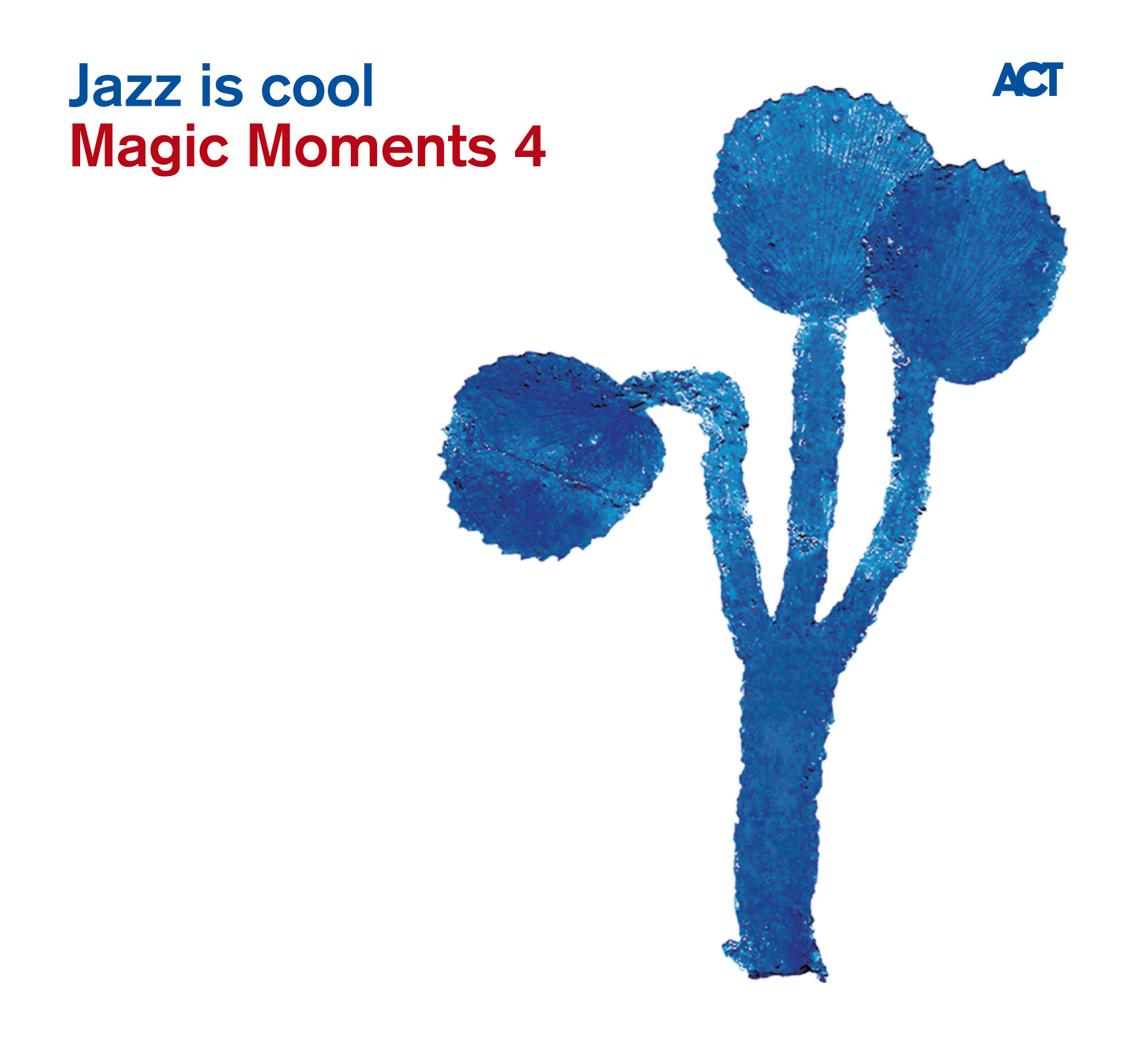Back
VÖ: 29.08.2019
Genre: American Jazz, Piano Jazz
“Presto! Here is the great new jazz piano trio!”- New York Times
Historicity & Accelerando:
Vijay Iyer / piano
Stephan Crump / bass
Marcus Gilmore / drums
Solo:
Vijay Iyer / piano
Historicity | Accelerando | Solo
HISTORICITY
Grammy-nominated. No.1 best jazz album of 2009 in polls by New York Times, npr and ECHO Jazz
“Historicity” is Iyer’s first full album in the classic piano trio format and, at the same time, a profound redefinition of this genre. The pianist’s exami-nation of the concept of historicity is the album’s center of focus. It’s about “being placed in the stream of history, ” he explains in the liner notes. "Without a doubt, it's the past that's setting us in motion." On “Historici-ty”, Iyer travels full circle from covers such as “Galang”, by global hip-hop star M.I.A, to Stevie Wonder’s “Big Brother”, back to his own very early pieces (“Trident” and “Sentiment”). Not least due to the fact that the trio almost sounds like a single person, associations here succeed as never heard before. Or as Iyer himself put it: “Music, it seems, also connects -- carrying us smoothly across the tumult of experience, like water over rocks.”
ACCELERANDO
2012 Downbeat Critic’s Poll 5-time winner, including ‘triple crown’ of best jazz artist, jazz group and jazz album
“The Vijay Iyer Trio has the potential to alter the scope, ambition and language of jazz piano forever” Jazzwise
“A statement of compassion and wide-eyed wonder. This album is a gift from Vijay Iyer. We should be grateful” BBC radio Vijay Iyer Trio's “Accelerando” is an album driven by the visceral, universal, intoxicating experience of rhythm. It sees Iyer and his telepathic trio mates – bassist Stephan Crump and drummer Marcus Gilmore – go both deep and wide. They light up material that ranges from a brace of bold Iyer originals and pieces by great jazz composers (Duke Ellington, Herbie Nichols, Henry Threadgill) to surprising interpretations of vintage and recent pop and funk tunes (Michael Jackson, Heatwave, Flying Lotus). Absorbing and infectious, this is jazz about not only the mind but the body.
SOLO
“An unqualified triumph, idiosyncratic and highly personalized, accessi-ble but also fresh” PopMatters.com
With “Solo”, Vijay Iyer enters the supreme discipline of jazz piano. It is his first solo album and, fittingly, he dedicates himself to serious reflection. After contemplating temporal and cultural contexts with “Historicity”, with “Solo” he now focuses on the self. “Autoscopy refers to a certain type of ’out-of-body experience’ in which you perceive your actions from outside of (usually above) your body. Playing music occasionally offers that experience. In a different sense, so does making a solo album.” Gesture, character, and disposition come together in this impression of one’s own actions (Iyer uses the term “Hexis,” which means disposition or stance) which conveys, visibly and audibly, the intent which precedes the action.
The disposition, Iyer’s expression, can not only be heard on every piece on the album but, in a magical way, can also be felt. As on “Historicity”, his playing is permeated by the jazz tradition, the technique, disposition and colours as purported beyond the musical notes by Thelonious Monk, Andrew Hill, Randy Weston, Cecil Taylor and Sun Ra (who Iyer also names in his liner notes). Yet these carefully observed influences are only the palette from which Iyer mixes his own new colours. He succeeds in doing this in a fasci-nating way right at the beginning – in an acknowledgement of one of his firt pop influences, “Human Nature”, the Michael Jackson song composed by Steve Porcaro, is harmonically and rhythmically reinterpreted by Iyer. Two Ellington adaptations are also phenomenal.
Historicity & Accelerando:
Vijay Iyer / piano
Stephan Crump / bass
Marcus Gilmore / drums
Solo:
Vijay Iyer / piano
Historicity | Accelerando | Solo
HISTORICITY
Grammy-nominated. No.1 best jazz album of 2009 in polls by New York Times, npr and ECHO Jazz
“Historicity” is Iyer’s first full album in the classic piano trio format and, at the same time, a profound redefinition of this genre. The pianist’s exami-nation of the concept of historicity is the album’s center of focus. It’s about “being placed in the stream of history, ” he explains in the liner notes. "Without a doubt, it's the past that's setting us in motion." On “Historici-ty”, Iyer travels full circle from covers such as “Galang”, by global hip-hop star M.I.A, to Stevie Wonder’s “Big Brother”, back to his own very early pieces (“Trident” and “Sentiment”). Not least due to the fact that the trio almost sounds like a single person, associations here succeed as never heard before. Or as Iyer himself put it: “Music, it seems, also connects -- carrying us smoothly across the tumult of experience, like water over rocks.”
ACCELERANDO
2012 Downbeat Critic’s Poll 5-time winner, including ‘triple crown’ of best jazz artist, jazz group and jazz album
“The Vijay Iyer Trio has the potential to alter the scope, ambition and language of jazz piano forever” Jazzwise
“A statement of compassion and wide-eyed wonder. This album is a gift from Vijay Iyer. We should be grateful” BBC radio Vijay Iyer Trio's “Accelerando” is an album driven by the visceral, universal, intoxicating experience of rhythm. It sees Iyer and his telepathic trio mates – bassist Stephan Crump and drummer Marcus Gilmore – go both deep and wide. They light up material that ranges from a brace of bold Iyer originals and pieces by great jazz composers (Duke Ellington, Herbie Nichols, Henry Threadgill) to surprising interpretations of vintage and recent pop and funk tunes (Michael Jackson, Heatwave, Flying Lotus). Absorbing and infectious, this is jazz about not only the mind but the body.
SOLO
“An unqualified triumph, idiosyncratic and highly personalized, accessi-ble but also fresh” PopMatters.com
With “Solo”, Vijay Iyer enters the supreme discipline of jazz piano. It is his first solo album and, fittingly, he dedicates himself to serious reflection. After contemplating temporal and cultural contexts with “Historicity”, with “Solo” he now focuses on the self. “Autoscopy refers to a certain type of ’out-of-body experience’ in which you perceive your actions from outside of (usually above) your body. Playing music occasionally offers that experience. In a different sense, so does making a solo album.” Gesture, character, and disposition come together in this impression of one’s own actions (Iyer uses the term “Hexis,” which means disposition or stance) which conveys, visibly and audibly, the intent which precedes the action.
The disposition, Iyer’s expression, can not only be heard on every piece on the album but, in a magical way, can also be felt. As on “Historicity”, his playing is permeated by the jazz tradition, the technique, disposition and colours as purported beyond the musical notes by Thelonious Monk, Andrew Hill, Randy Weston, Cecil Taylor and Sun Ra (who Iyer also names in his liner notes). Yet these carefully observed influences are only the palette from which Iyer mixes his own new colours. He succeeds in doing this in a fasci-nating way right at the beginning – in an acknowledgement of one of his firt pop influences, “Human Nature”, the Michael Jackson song composed by Steve Porcaro, is harmonically and rhythmically reinterpreted by Iyer. Two Ellington adaptations are also phenomenal.
